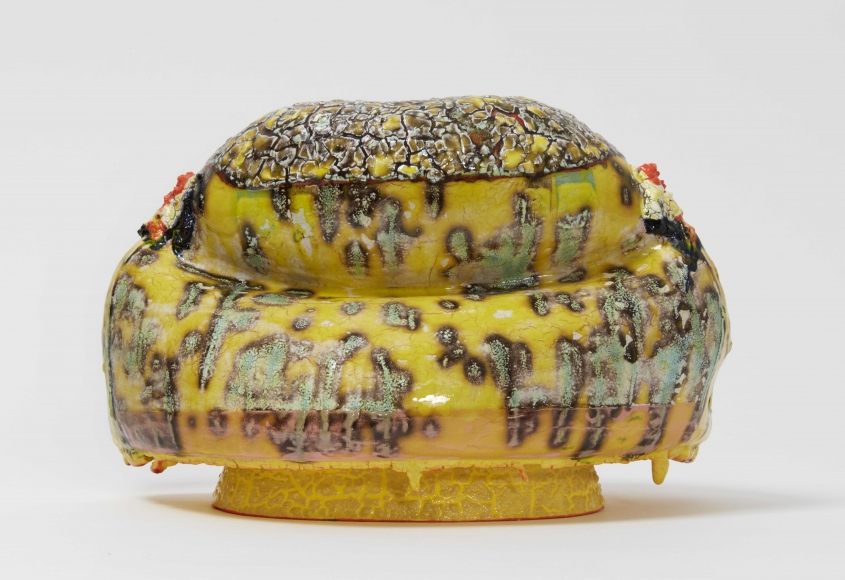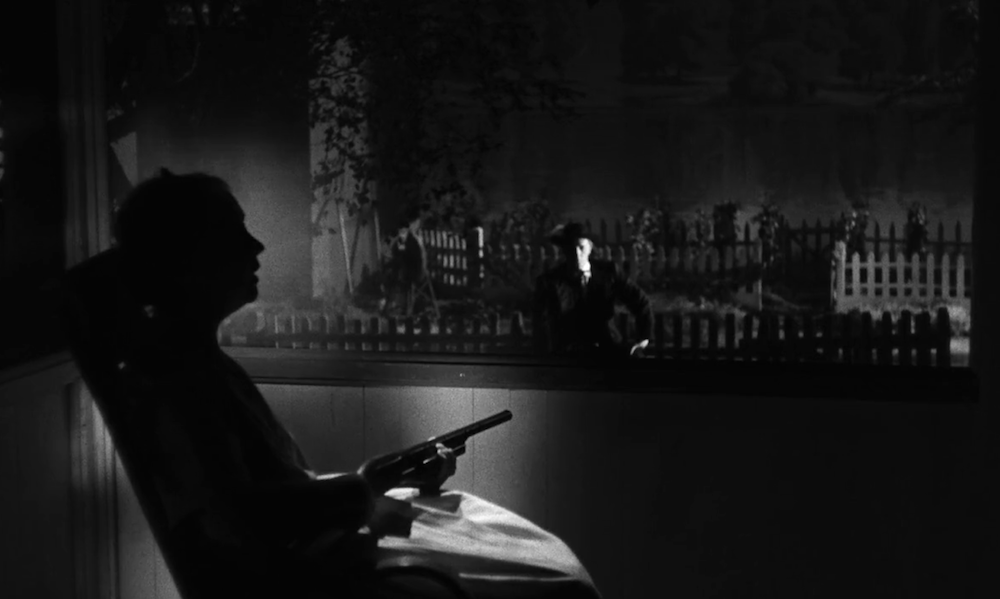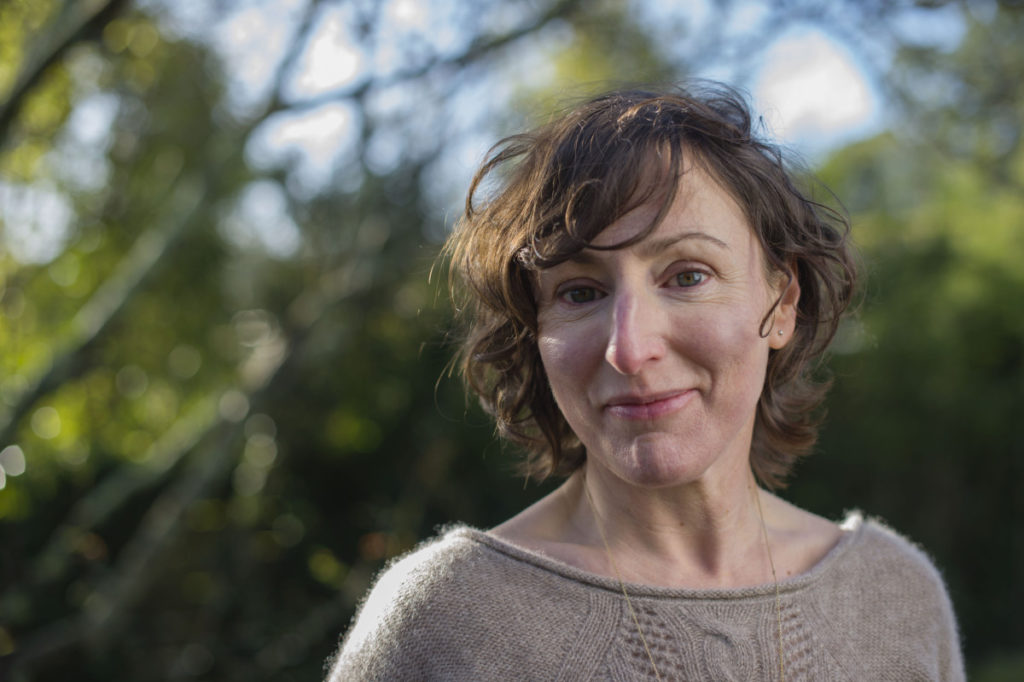There are several things I miss about living in Louisiana, one of them being its proximity to Mississippi and the strange wonder of the Ohr-O’Keefe Museum of Art, the Frank Gehry–designed pottery museum across the street from the Gulf in the south of the state. There resides a permanent collection of George Ohr, the Mad Potter of Biloxi, an artist who did strange and amazing things with form (some critics say he anticipated abstraction), wonderful and wonky things with color (see the shimmering multicolor glazes), and generally elevated mud into fine art. Lucky for me—lucky for all of us within spitting distance of West Chelsea—Kathy Butterly’s ceramics are on display at James Cohan Gallery through October 20 (with an artist talk this Saturday). Citing Ohr as an influence, Butterly takes familiar forms—she starts by pouring clay into casts made from store-bought vessels—then she smashes and smooshes them, layering on more clay, adding arms and antennae and other bits until she’s crafted a different sort of delight. Note the nooks and crannies of her pieces, the piping and edging and little leaflike appendages that dress her human-scale ceramics. And the colors: I held my nose close to a piece that was bubble gum and seafoam and moss, with these little rivulets of Gatorade orange—a swirl of glazes achieved by firing her creations again and again (sometimes upwards of thirty times). Pro tip: don’t miss the nail polish—it’s another way into the head of a master colorist. —Emily Nemens
Inflatable pools, plastic flamingos, tea leaves, and trains: all these objects (and wait, there’s more!) are packed into David Orr’s debut poetry collection, Dangerous Household Items. With his trademark drollery and endlessly perceptive wit, Orr explores the more sinister aspects of suburban life. Abandoned tools are imbued with nefarious appetites. Pastries are parsed into existential truths. With this curious collection, Orr crosses the threshold to his new role as both critic and poet the same way “a coin bears with ease its two faces” (as he describes in his poem “Chameleon”). For more than a decade, Orr’s career as a columnist for the New York Times Book Review has been dedicated to dismantling the world of poetry the same way one might deconstruct an old piece of furniture or a memory. These objects—abstract or otherwise—must be reexamined, their habits and uses determined (and, afterward, very possibly recycled with the old newspapers). It is an absolute treat to peer out at the world from Orr’s scrutinizing eyes, to reevaluate anything we might foolishly think of as familiar. —Madeline Day
Joan Didion, in her 1973 essay “In Hollywood,” compares the film industry to a casino, writing: “The place makes everyone a gambler … The action itself is the art form, and is described in aesthetic terms: ‘A very imaginative deal,’ they say.” Often abstracted from the actual process of filmmaking, the studios are less invested in the stories they tell than in the financial story of those stories. It is both curse and blessing that Hollywood is guided by a numerical fixation that, while often excising what is most alive in a film, can also grade into a benign neglect, an ecumenical generosity. Somewhat blind in their height to occurrences on the ground, the studios occasionally, unknowingly, sanction strange and wonderful collaborations. Billy Wilder, in his Paris Review Art of Screenwriting interview, tells of working with the novelist Raymond Chandler on the script for Double Indemnity, though “Chandler had never been inside a studio.” Chandler’s first pass “had some good phrases of dialogue” but was otherwise “absolute bullshit.” Yet the studio let them hash out the script for months together until Chandler abruptly quit, and Double Indemnity is a masterpiece. William Faulkner, hired by MGM, sat for three bored, lacerating months in a cramped lot office with venetian blinds, contributed to the wonderful adaptation of Chandler’s The Big Sleep, then, presumably made soul-sick by the uncrinkled, unlidded, uniform blue of the Los Angeles sky, escaped back to Mississippi. MGM, unaware, continued to send his checks. And my favorite film, 1955’s The Night of the Hunter, playing this Saturday at BAM, was the result of an unintuitive collaboration enabled by the anonymized casino atmosphere of Hollywood. It should be unwatchable, at best a curio. Written by the American novelist and journalist James Agee, drinking himself to death that year; directed by Charles Laughton, a jowly, classically trained English actor directing what would be his only film; and starring the film-noir icon Robert Mitchum as an ingratiating, psychotic, itinerant Southern preacher with allegorical tattoos and a rich baritone, it is a menacing fairy tale steeped in backwoods Americana, shot like a German Expressionist silent movie. A beautiful, haunted film, drawing qualities from each of its disparate makers, it hums and pulses like a living thing. And like any living thing, it is a product of blind chance. —Matt Levin
I go long periods without checking Anne Boyer’s Twitter feed in order to make available the pleasure of reading a dozen or two posts at a time, rather than a maddeningly inadequate two or three. But despite the fact that I like all of Boyer’s books and perk up whenever I read a single sentence she’s written, I’m a late arrival to her newsletter, Mirabilary. Something between her diary and her Twitter, it’s an infrequent but essential avenue for Boyer fans—if nothing else for the recommended reading. Boethius’s Consolation of Philosophy, Djuna Barnes’s Ryder, and Ibn Ṭufayl’s Ḥayy ibn Yaqẓān are some of the titles under discussion. (Boyer, currently a fellow at Cambridge, may relate to Boethius’s turn to poetry in isolation.) Here’s what may be my favorite Mirabilary extract, from the third entry: “That just anyone can read a book has always been top of my list of the reasons to never write one. What if something I have written delights a Silicon Valley tech-lord or a cruel and boorish person or a narrow, suspicious, puritanical adherent to self-improvement or someone who believes that literature is for some elite class of people to whom they themselves belong?” Now, as I recommend Mirabilary on our modestly popular platform, I wonder if I’m betraying what’s good about Boyer’s newsletter, inviting the uninvited, laying it into the wrong hands. Yet what if a boorish puritan, like Saul on the way to Damascus, sees the Mirabilarian light? —Ben Shields
The week I turned thirty ended with wine on the roof and a few friends who are family. Thirty being a monumental kind of birthday, we all wondered together: What is a family? Will we have one of our own? As conversations clotted off into private little pockets, a pal and I spoke about why she had gifted me Love, Nina. She wouldn’t need much of a reason. Being a reader of the London Review of Books amounts to me to a kind of religious identification, and Love, Nina collects the letters of the LRB editor Mary-Kay Wilmers’s onetime nanny. In 1982, Wilmers was the deputy editor of the LRB and separated from her husband. Nina Stibbe, who moved to London to nanny for Wilmers’s two young sons, was away from her sister back in Leicestershire and, lucky for us, wrote her quite regularly with tidbits. Young Nina has a charming voice and loves with no small amount of skepticism the urbane world she’s settled into. She loves especially the wee lads in her charge—Sam, ten and a half, and Will, nine—who, when Nina breaks Sam’s porridge bowl, have this exchange:
Will: Don’t worry, Sam, you can use my porridge bowl.
Sam: Don’t be stupid—it’s got “Will’s Bloody Porridge Bowl” written on it.
Me [Nina]: No one will know.
Sam: I’m not using it. I’m going back to mashed potato.
Or, later on:
Will got 89% for a science test (The Water Cycle—an annotated illustration).
Will: My picture was OK, but I dropped a percent for drawing a smiley face on my sun.
Me: What’s wrong with a smiley face on the sun?
Will: It’s not scientific.
Sam: What’s a water cycle?
Me: An underwater bike.
MK: Don’t tell him that.
Sam: It’s not scientific.
The best part of the book, though, is Nina, without being overawed, falling in thrall to Mary-Kay’s quiet good judgment and intelligence.
Me: Right, we’re off to Brian’s.
MK: Aren’t you going to put some shoes on?
Me: No, I hate my shoes.
MK: Well get some nice ones.
Me: I never see any.
MK: Have a look in Brian’s.
Me: Brian’s is only for kids.
MK: First bare feet, then kids’ shoes, then adult shoes. One step at a time.
Alan Bennett is always around for dinner, and slowly, Nina realizes she’d like to go to university and does, and jokes with the boys are joined by jokes about Sam Shepard. But Love, Nina is evidence that an intelligent life can also be family life. How should a person be, really? As my friends and I reach our thirties, I’m putting my vote in for Mary-Kay Wilmers. —Julia Berick
from The Paris Review https://ift.tt/2IRvN2i



Comments
Post a Comment